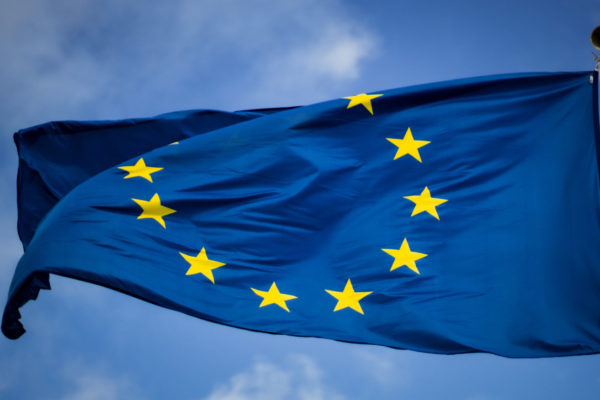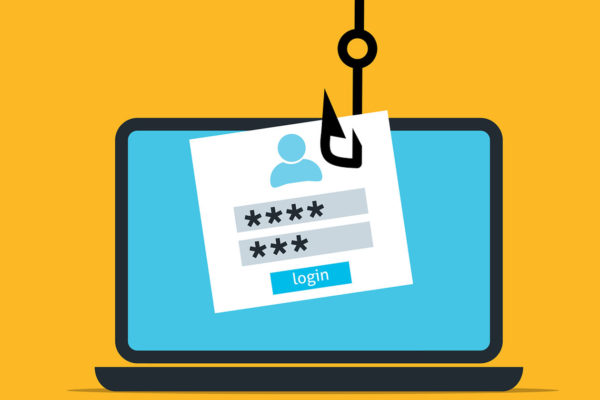
Have you ever noticed that padlock icon in your address bar, or that some URL links begin with https:// instead of just http://?

If you did, then great! That extra “s” lets you know that your connection to a site is secure and encrypted, along with any data that you’ve shared. Websites like this have a SSL certificate installed on their back-end.
And having one installed is quite common nowadays due to increasing cybersecurity concerns and the push for its implementation by Google. If you’re a consumer, you’ll definitely want to make sure that your personal information is kept safe and sound. And if you’re a developer, you’ll want to at least make sure your site visitors are well-protected from any malicious cyber attacks.
That said, let us take a look at the importance of having a SSL certificate installed on your website.
So What Is A SSL Certificate?
SSL, short for Secure Sockets Layer, is basically an Internet security protocol that helps to establish secure and encrypted connections when installed in sites. It’s there to make sure that any information shared within the site is kept safe and private from prying eyes.
Note that SSL is also the predecessor to the upgraded Transport Layer Security (TLS) encryption that’s more widely used today. The two operate similarly and are often used interchangeably, although TLS has since replaced the older SSL protocol as the modern encryption standard.
Why Do I Need SSL?
Safe and Secure Site
Installing a SSL certificate helps to encrypt the information that’s exchanged between your web server and your visitors’ browsers.
That means every time a user is exchanging information with your website, no third party would be able to intercept the encrypted data. This makes for a safe and secure browsing experience for your users.
SEO-Friendly
Back in 2014, Google announced that the use of secure, encrypted connections would be considered as one of their ranking signals.
So your website’s search engine rankings will be negatively impacted if you’re not using any SSL. And even if it doesn’t play a huge part in Google’s search ranking algorithm, just by having one installed will potentially rank your site higher than a competitor who hasn’t have one installed.
Builds Trust in Visitors
Since the Chrome update back in July 2018, websites have been penalized by Google if they’re not SSL certified. As part of the update, visitors will be alerted in the address bar if a site is not secure. And yes, this is definitely a huge turn off for any users.
As users are becoming more wary of online scams and data privacy, they are more particular about which sites to trust. So installing a SSL certificate will make your site appear more safe and reliable. This will build trust in visitors and also lead to lower bounce rates.
Uses HTTP/2 Connection
Almost all browsers that use HTTP/2 connection require the installation of a SSL/TLS certificate. So it’s crucial to get an SSL/TLS certificate in order to enable HTTP/2 connection on your website.
If properly configured, your website will be able to access HTTP/2. HTTP/2 is an improved version of the standard HTTP/1.1 protocol. As its upgraded counterpart, HTTP/2 improved on the latter in many ways such as:
- Faster content delivery and load times
- Improved user experience
- Increased security
- Lower consumption of bandwidth
Allow Online Payments
And if you’re running an e-commerce website, then you’ll definitely want to have a SSL certificate installed.
Customers’ trust aside, certain card processing services will only allow transactions from websites with proper SSL certification. Without SSL, your website will not be able to accept payments from customers.
S Stands For Safety and Security
Offering data protection and privacy is becoming more and more essential as we move towards a digital era, and so is the need to install a SSL certificate on your website.
Make sure to secure your website today with SSL Certificates, and protect your visitors’ data and privacy!
And while we’re at the topic of data privacy and protection, learn how to protect your site and content from copyright infringement!




